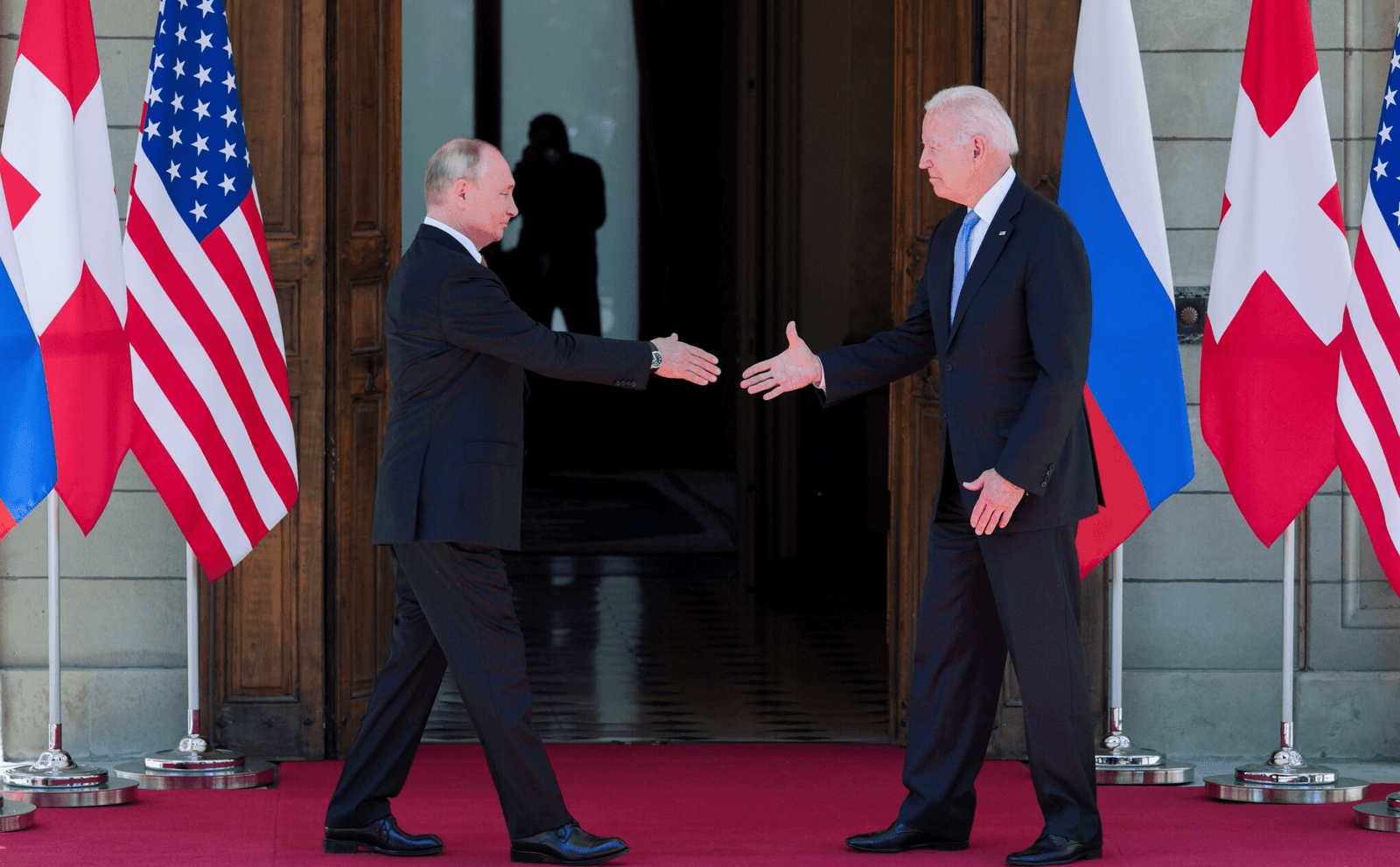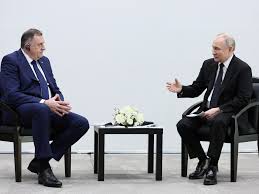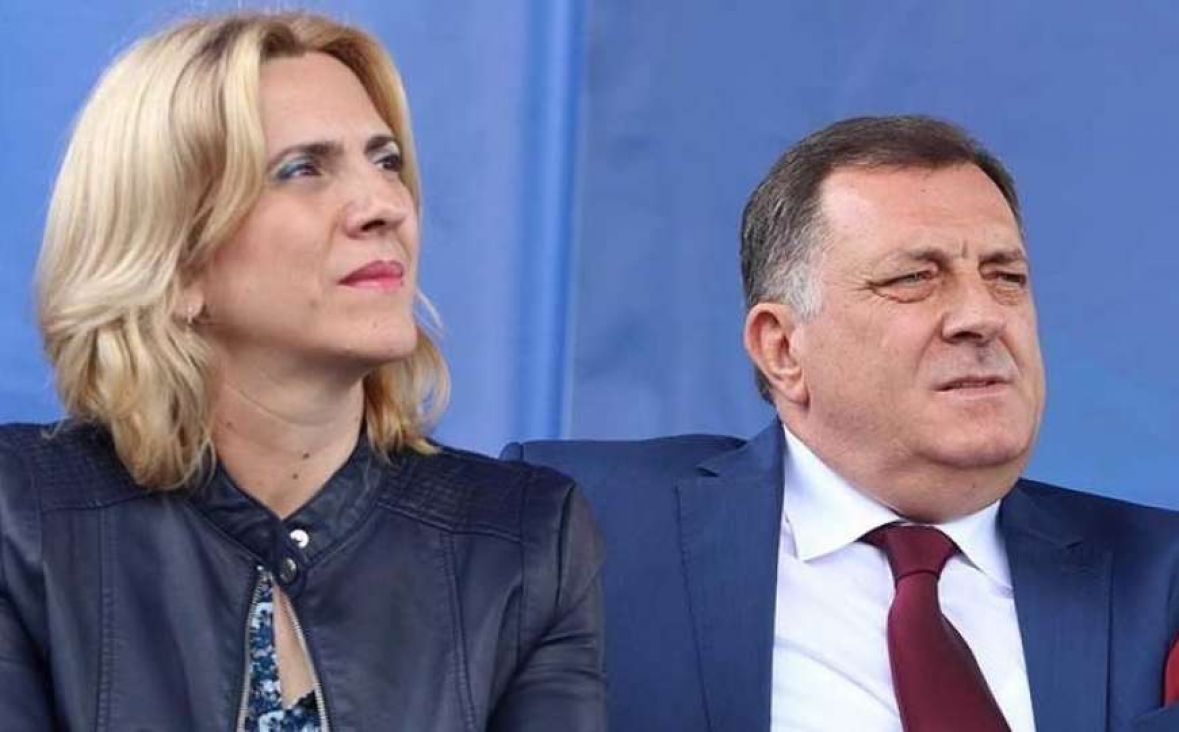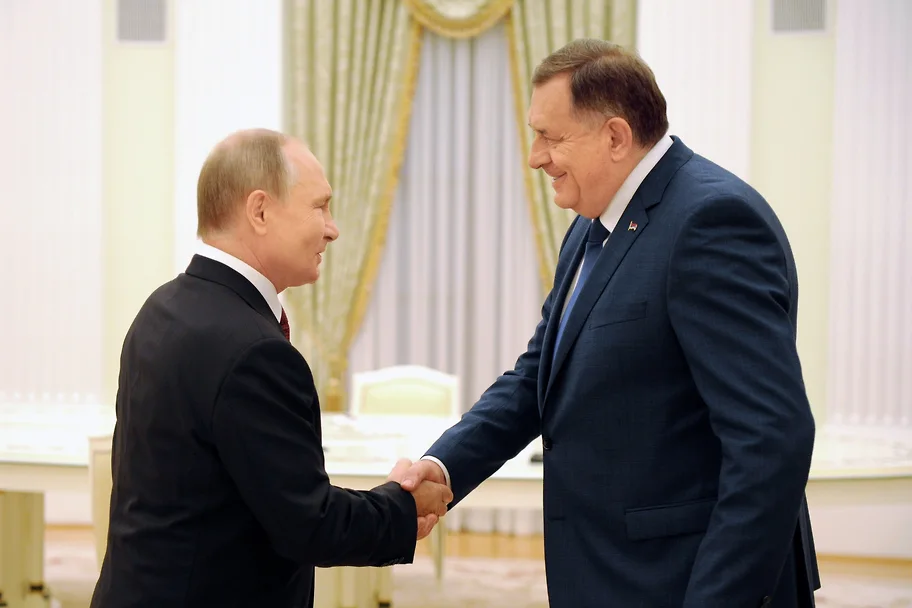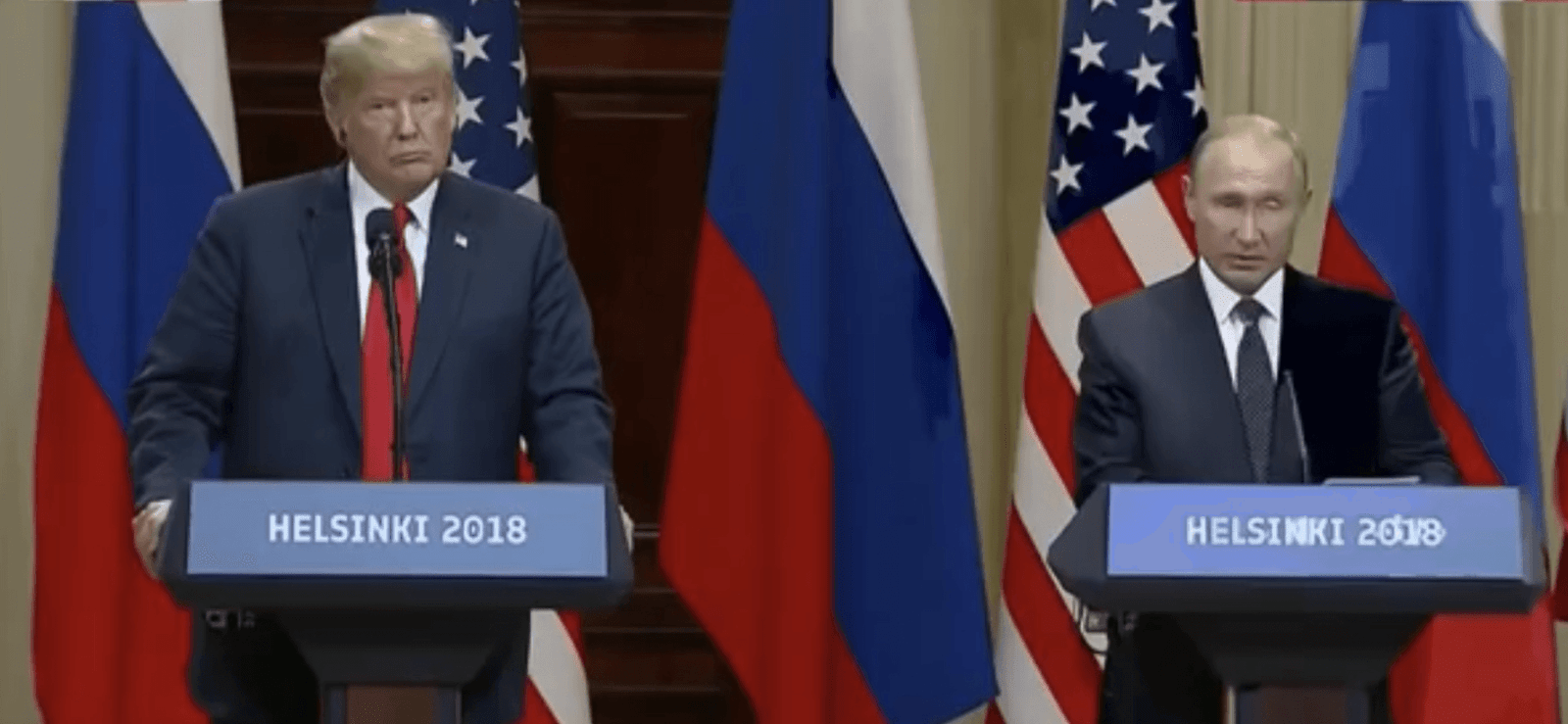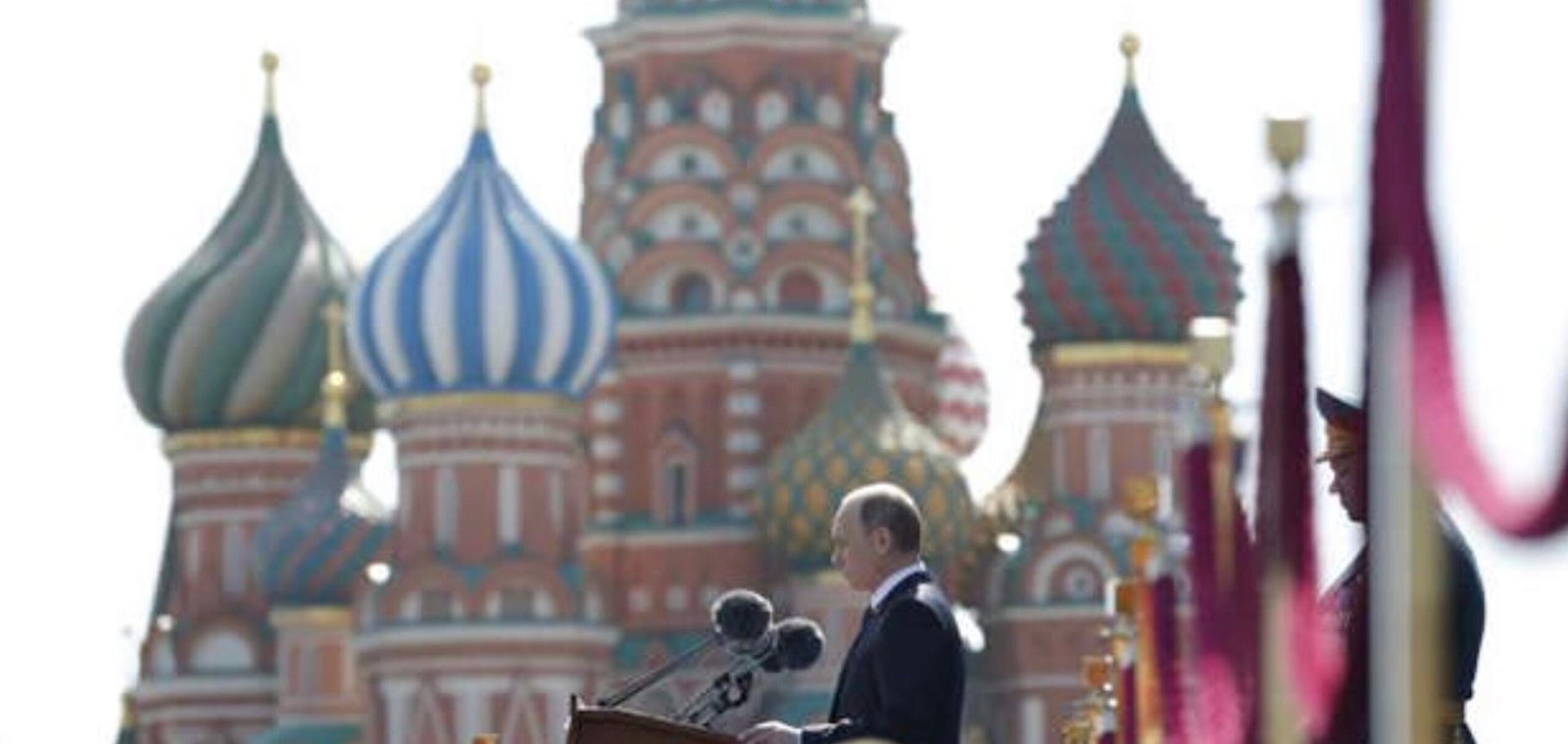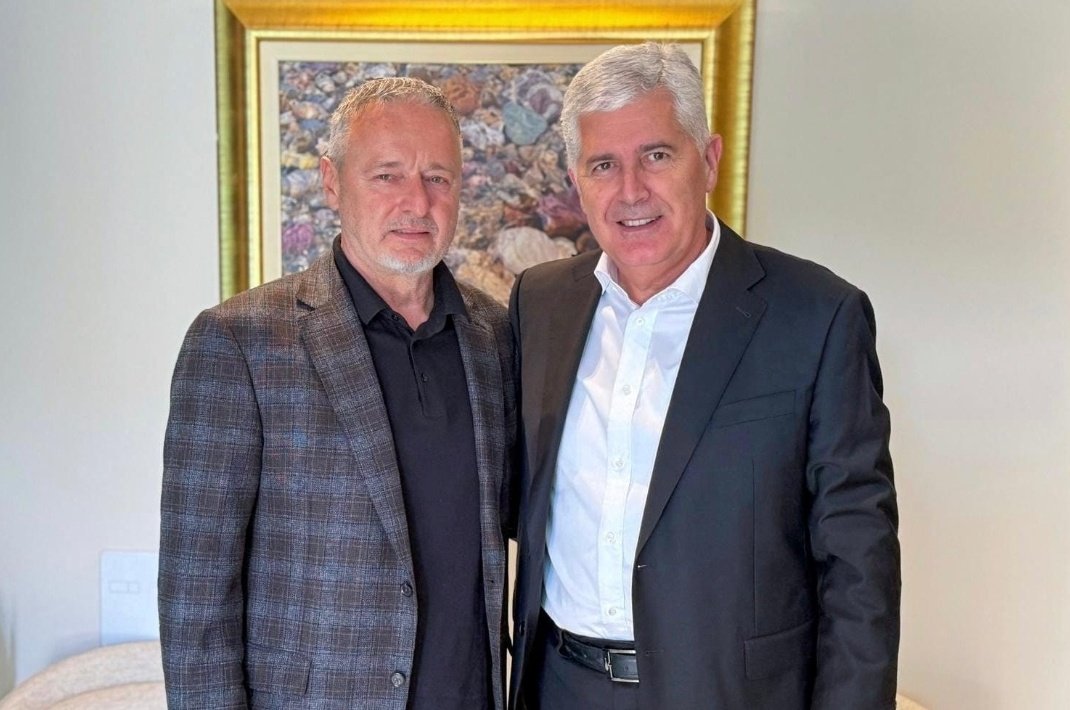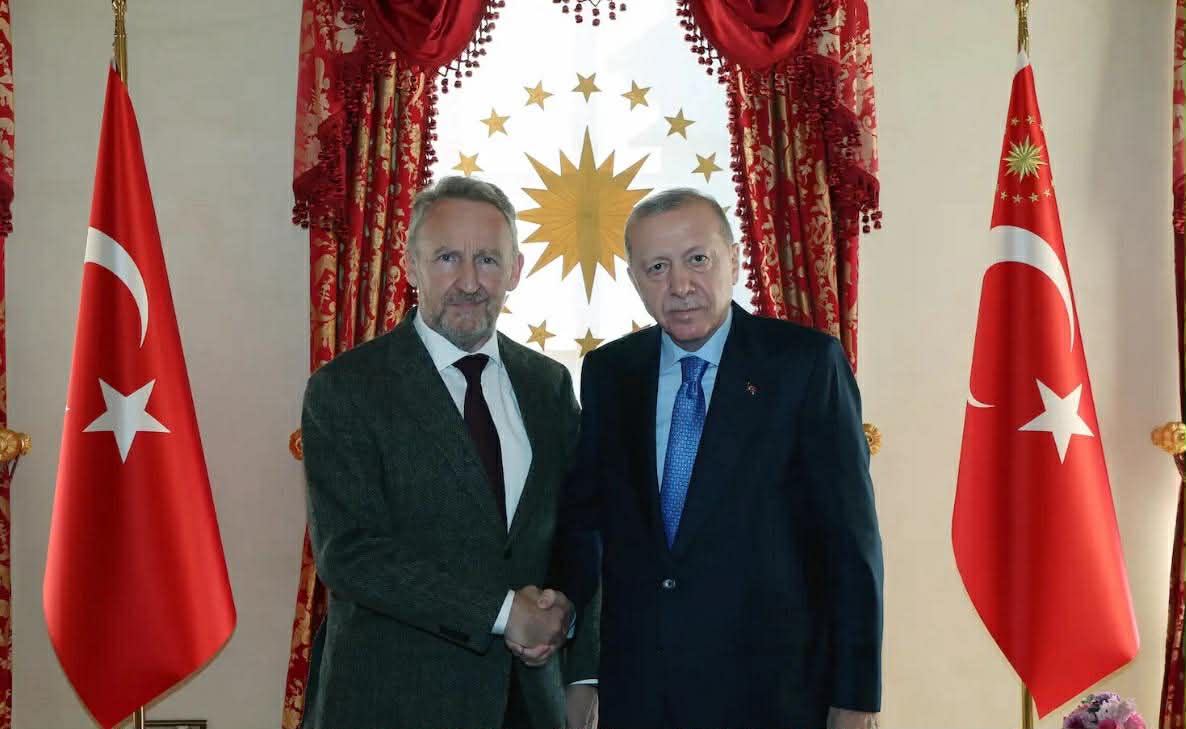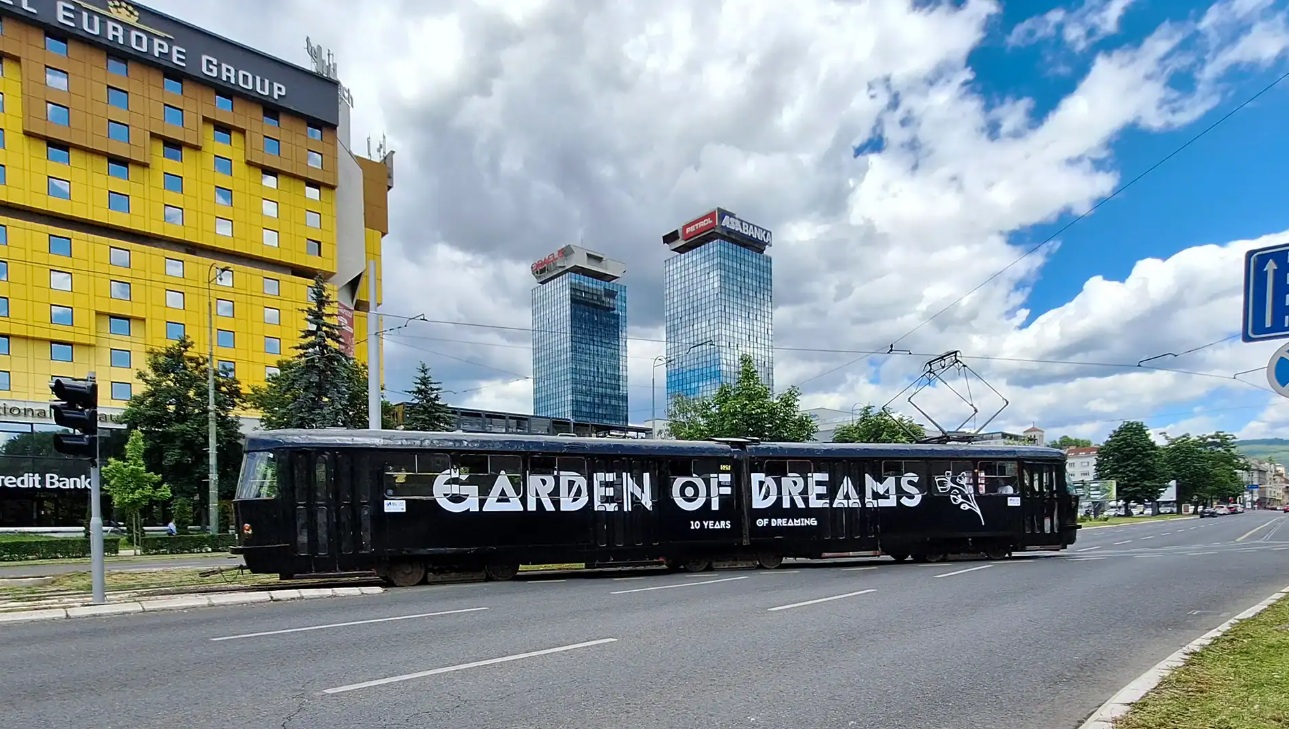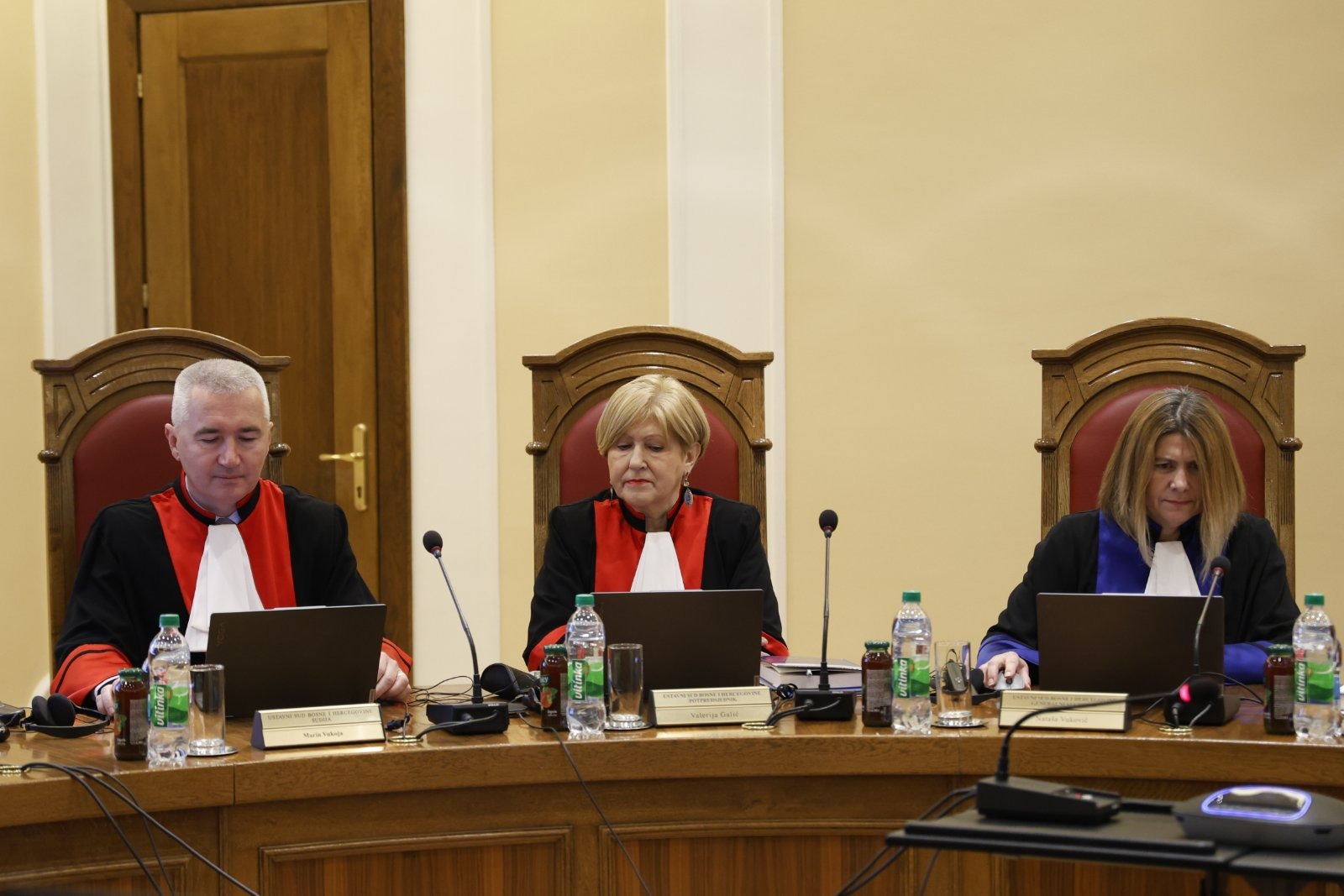If President Joe Biden’s first ever Summit for Democracy on December 9-10 is to be an effective initiative, then it needs to spotlight the threat against Western democracies from an autocratic Russia. About 110 countries have been invited to the virtual summit, in which state leaders will discuss “initiatives to defend democracy and human rights at home and abroad.” It will includeall major U.S. allies with a second in-person gathering planned for 2022.
Both Russia and China have been excluded from the Summit, as well as countries such as Hungary which are viewed as democratic backsliders. Beijing is furious that Taiwan has been included, while Taiwan's government has asserted that the invitation is an affirmation of its efforts to promote democracy and human rights. The event will clearly heat up the conflict between Beijing and Taipei.
In the case of Russia, it is vital for Washington to support its democratic activists even while excluding government officials.Kremlin security services, propaganda outfits, and loyal tycoons methodically undermine democratic development by attacking the independence of neighbors and subverting democracy in the U.S. and throughout Europe. Moscow’s current offensives include a massive troop buildup that threatens to seize more Ukrainian territory, the manufacturing of conflict between Poland and Belarus over the refugee standoff along their common border, and fanning conflicts between Serbia and its neighbors in the Western Balkans.
For democracy to prevail the national security and independence of each state bordering Russia must be assured by directly challenging the foundations of the Putinist autocracy. A passive U.S. democracy policy with noble phrases and verbal admonitions is inadequate. Focusing on easy targets such as Hungary or Georgia for their democratic shortcomings is ultimately distracting. Russia is the leading practitioner and purveyor of anti-democracy and China will follow in its footsteps as it expands its economic and military reach.
Enhancing Western military, economic, and cyber defenses is insufficient to stem Russia’s assault. The long-term solution is either to help transform the Russian state or enable it to dismantle itself like its previous Soviet iteration. The Summit can help launch such an offensive by not only inviting Russia’s democratic centralists and civic liberals well-known in the West, but also regionalists, federalists, and representatives of various ethnic groups supporting democracy, autonomy, and a comprehensive decentralization of the Russian Federation. Some of these activists are in exile and can be plugged in to the virtual event.
A strategic U.S. approach that ties democracy closely with security needs to have a specific objective – to reverse Russia’s neo-imperialism by helping its citizens transform the state into a genuine federation that treats its neighbors as equals. This is not simply a question of Moscow tolerating a handful of political parties, civic groups, and media outlets. The aim must be administrative devolution and self-determination among Russia’s diverse regions and republics. Washington can openly endorse pluralism, federalism, ethnic rights, and regional autonomy inside the Russian Federation as part of its campaign for global democracy.
The U.S. can itself be highlighted as a successful federation in which the rights of all fifty states develop local economies and give citizens a major stake in politics. The European Union can also play a constructive role at the Summit by emphasizing its support for regional development and inter-regional cooperation across state borders. This can help provide concrete examples to Russia’s citizens that administrative decentralization and involvement in local politics promotes economic growth and beneficial international cooperation. Proponents of Russian federalism have been prevented from communicating their ideas to the public and the Summit can help in this crucial informational endeavor.
Russia’s federalization is not only essential for democracy in the failing state but also for reducing Moscow’s security threats to the U.S. It is in America’s direct national interest to help Russia decentralize and federalize. Among other policy steps, Washington should cease to recognize Russia’s fraudulent national, regional, and local elections, and its rigged constitutional referendum that further extends Vladimir Putin’s rule. It can also condemn the Kremlin’s unilateral appointment of local governors, the absence of any democratic choice, and stifling central control over local resources and economies. And the Summit must demonstrate to Russia’s citizens how Moscow economically exploits the wealthier regions to fuel its anti-Western offensives while its political elites profit from corruption built into Putin’s “power vertical.”
If genuine federalism fails to materialize because of Kremlin resistance to democracy then the separatist option will gain increasing traction and culminate in Russia’s rupture. Regional separation and the formation of new states are processes visible throughout history when loyalty to the existing state dissipates and new forms of sovereignty are widely supported. There are several ethnic regions that cannot be integrated into a Russian identity, especially in the North Caucasus, the Middle Volga, and southern Siberia, as well as predominantly ethnic Russian regions that will benefit from independence just like the English-speaking Americans who rejected the oppressive British empire.
Western governments and multi-national institutions will need to establish links with Russia’s diverse regions and republics and support efforts for their peaceful transition toward statehood. The challenges of transforming occupied republics from communism to democracy over thirty years ago can be replicated over the coming decade by transforming Russia’s repressed regions and republics into viable democratic states.
Although the Kremlin publicly dismisses Western democracies as obsolete liberal failures, in reality it views them as geopolitical threats to its international ambitions and stifling domestic controls. In its struggle for global democracy and international security, the U.S. administration can checkmate Russia’s destructive neo-imperialism by helping its citizens to dismantle the autocratic pillars of the Putinist state. The Summit for Democracy in Washington would be an invaluable launching pad for such a constructive offensive.
Janusz Bugajski is a Senior Fellow at the Jamestown Foundation in Washington DC. His recent book, Eurasian Disunion: Russia’s Vulnerable Flanks, is co-authored with Margarita Assenova. His upcoming book is entitled Failed State: Planning for Russia’s Rupture

